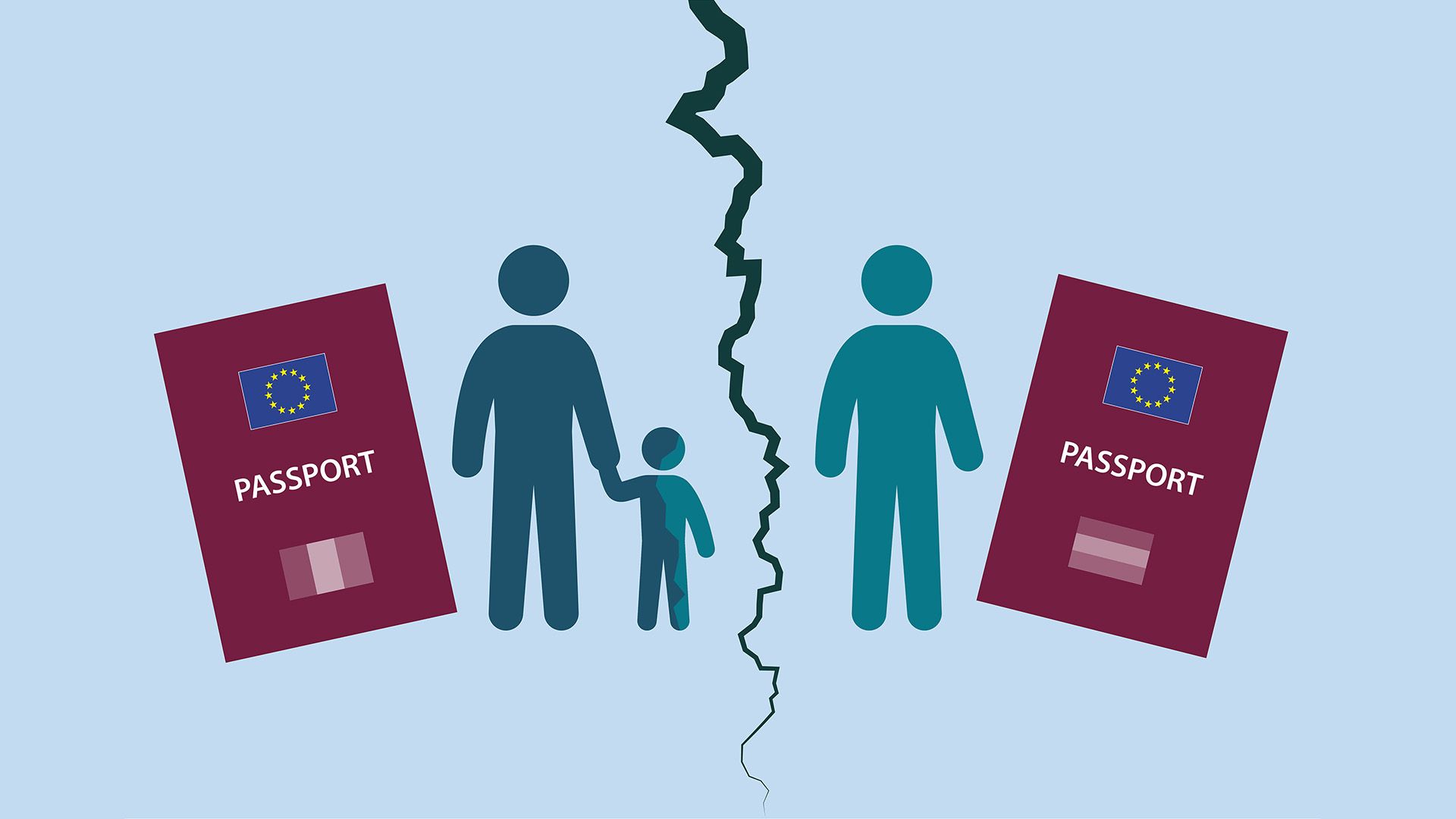Today, the European Parliament has sent a clear message with the adoption of a report on parenthood and the creation of a certificate of parenthood: parental rights must be recognised across the EU regardless of how the child was born or the type of family they belong to.
The proposal for regulation aims to protect the fundamental rights of children and provide legal certainty for families by ensuring that parental relations established in one member state are also recognised in other EU countries. To this aim, it proposes the adoption of uniform rules at EU level, the creation of a European Certificate of Parenthood, which recognises a parent-child relationship, and the reduction of legal costs and administrative burdens for the families.
The Socialists and Democrats have successfully introduced several provisions: access to recognition as easy as possible, by ensuring that children and their families do not have to provide documents to authorities more than once; adapting key concepts of the regulation to neutral terms in order to ensure its effect to all families, including LGBTIQ families; reducing bureaucracy, legal costs and burden for families and member states’ administrative and judicial systems; encouraging member states to organise training for judges, legal professionals and relevant state authorities.
Maria-Manuel Leitão-Marques, S&D MEP and rapporteur on jurisdiction, applicable law, recognition of decisions and acceptance of authentic instruments in matters of parenthood and creation of a European Certificate of Parenthood, said:
“If you are a parent in one member state, you are a parent in all member states.
“Currently, the same family in different member states might be subject to different laws to determine the parenthood of a child. This means that children may lose their parents, legally speaking, when they enter another country.
“No child should be discriminated against because of the way they were conceived, born or the type of family they were born into. This is why such regulation would be especially positive for ‘rainbow families’ – whose parent-child relations are not currently recognised in all EU countries – or children adopted domestically in a member state by one or two parents.
“Despite the opposition of several EU countries, we call on member states to come up with a proposal that puts children's rights above political or partisan interests.
“We want to make sure that all children have the same rights in the EU! This includes the right to maintenance, succession, schooling and education in another member state. With this regulation, we want to strengthen the rights of all children without discrimination and ensure that they all enjoy their rights and maintain their legal status in cross-border situations irrespective of their family situation.”
Next steps
After the adoption of the report by Parliament, the Council can either approve or disapprove it. This file being a Council Regulation under the consultation procedure, the Council is not bound to follow the advice given by Parliament. The Council will decide on the proposal by unanimity.









